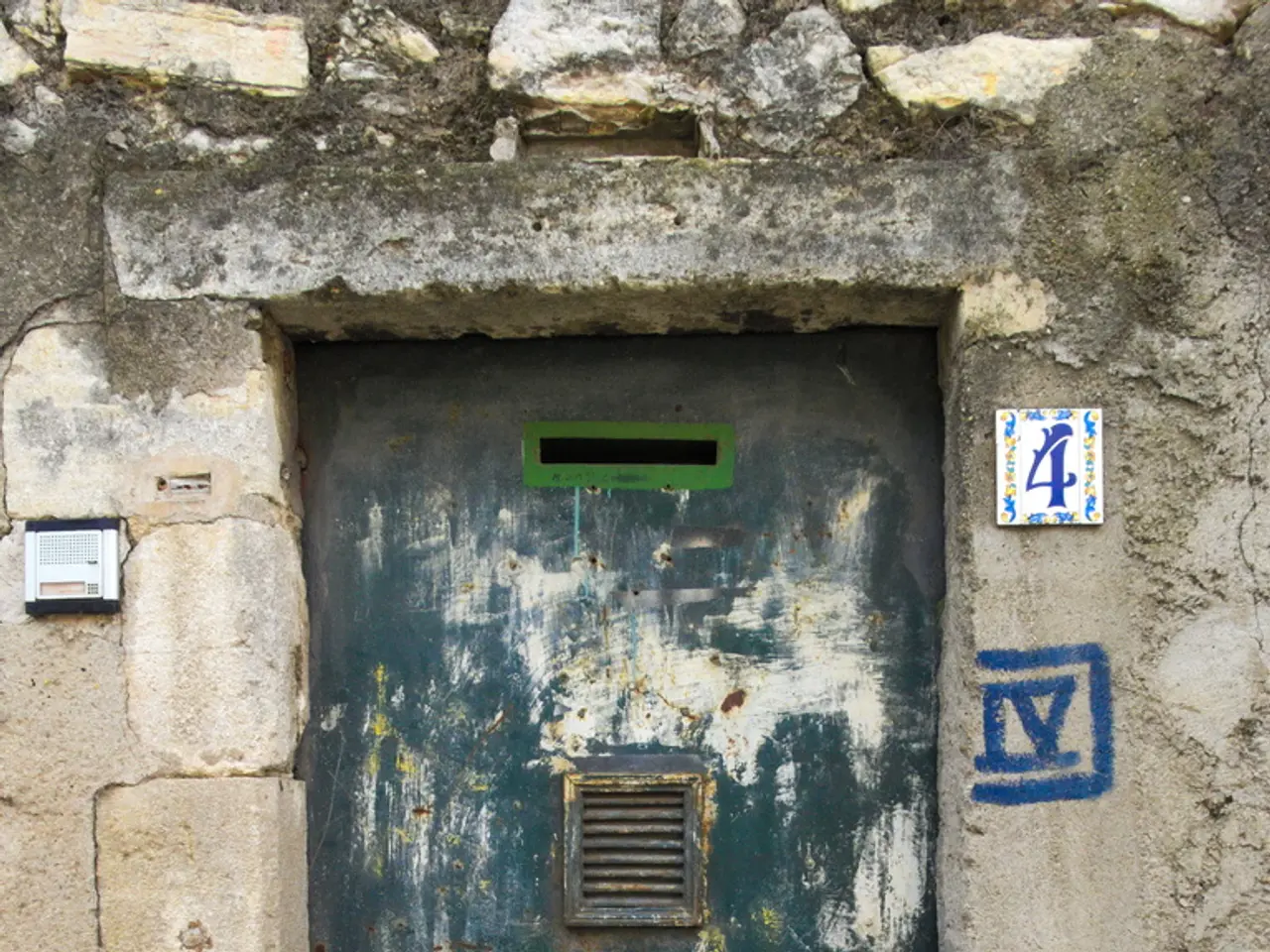Decrease in Initial Asylum Applications During the First Six Months
In the first half of 2025, Germany has witnessed a substantial decrease in asylum applications, with a 50% drop compared to the same period last year. This significant decline can be attributed to several key factors, according to the Federal Ministry of the Interior.
Stricter migration control measures have been implemented in Germany, with intensified stationary border checks along the land borders. These measures have effectively reduced irregular migration flows into the country [1]. Coordinated action by Balkan states has also played a significant role, as several countries in the region have taken joint measures to curb irregular migration towards the European Union [1].
Improvements or changes in the geopolitical and conflict conditions of certain countries, such as Syria, have contributed to fewer people seeking asylum in Germany [1]. The term "secondary migration" describes the further migration of migrants who hope to find connections or better conditions in Germany. This phenomenon has also seen a decline, likely due to the combined efforts to manage migration more efficiently [1].
The German Interior Minister, Alexander Dobrindt, has credited recent policy reforms aimed at managing migration more efficiently as a factor in the decline [4]. The changes in the composition of asylum seekers have also been noteworthy, with Afghan nationals, Syrians, and Turks remaining among the largest groups applying, but the total volume decreasing notably [4].
The decline in asylum applications is a clear success of the migration turnaround, according to Dobrindt, and Germany is consistently continuing the path of putting migration back on its feet [4]. However, concerns about potential traffic jams on the A12 motorway in Brandenburg persist, with Brandenburg's Interior Minister René Wilke and the chambers of industry and commerce in Brandenburg and Saxony warning of major traffic jams [6].
Poland will introduce temporary controls at the border with Germany on Monday, which may have negative effects on traffic in the region. The Federal Police will ensure the smoothest possible cross-border travel and goods traffic [7]. The Federal Ministry of the Interior aims to keep traffic disruptions due to border controls as low as possible [8].
In total, 72,818 asylum applications were submitted in the first half of 2025, with 61,336 being first-time applications and 11,482 being follow-up applications [9]. The sharp decline in asylum applications is a promising development for Germany's asylum system, offering some respite from the intense pressures experienced in previous years [1][4][5].
[1] Federal Ministry of the Interior (2025). Press release: Decline in asylum applications in the first half of 2025. [2] Deutsche Welle (2025). Germany tightens border controls to reduce irregular migration. [3] European Union Border Assistance Mission (2025). Balkan countries take joint measures to curb irregular migration. [4] Dobrindt, A. (2025). Statement on the decline in asylum applications. [5] UNHCR (2025). Report: Changes in geopolitical and conflict conditions impact asylum seeker numbers. [6] Brandenburg's Interior Minister, R. Wilke, and the chambers of industry and commerce (2025). Warning of potential traffic jams on A12 motorway. [7] Federal Police (2025). Ensuring smooth cross-border travel and goods traffic during border controls. [8] Federal Ministry of the Interior (2025). Measures to minimise traffic disruptions due to border controls. [9] Federal Statistical Office (2025). Report: Asylum applications in the first half of 2025.
The German government's implementation of stricter policy-and-legislation on migration control, including intensified stationary border checks, has contributed to a substantial decrease in general-news such as asylum applications [1, 2]. The decline in asylum applications can also be attributed to improved geopolitical conditions in certain countries [1, 5].






